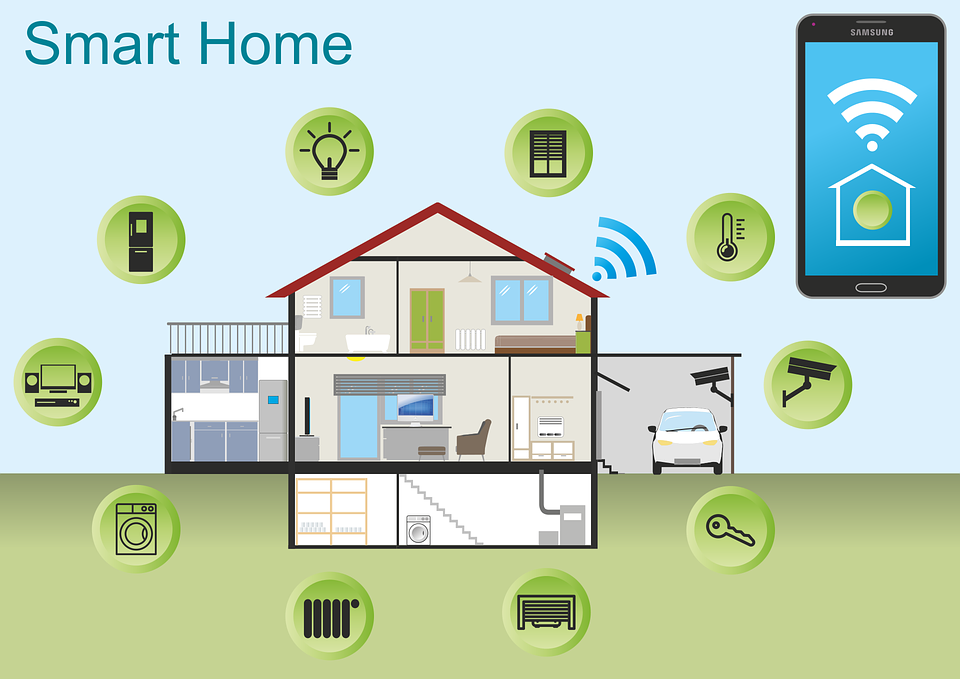In today's rapidly advancing technological landscape, smart home systems have become increasingly popular. These systems offer homeowners a range of benefits, from enhanced security and energy efficiency to convenience and comfort. However, one question that often arises is, "How much does a smart home system cost?" In this comprehensive guide, we will delve into the various factors that influence the cost of a smart home system, providing you with a detailed understanding of the expenses involved.
- Understanding the Components:
A smart home system comprises several interconnected components, each serving a specific purpose. These components include smart thermostats, lighting systems, security cameras, door locks, and more. The cost of a smart home system depends on the number and complexity of these components. For instance, a basic system with a few smart devices will be more affordable compared to a comprehensive system with multiple devices and advanced features. - Installation and Integration:
The installation and integration process is another crucial aspect that affects the overall cost of a smart home system. While some homeowners may opt for a do-it-yourself approach, it is recommended to hire professional installers for a seamless and efficient setup. The complexity of the installation, the size of the property, and the integration of different devices can impact the installation costs. - Customization and Scalability:
Smart home systems offer a high degree of customization, allowing homeowners to tailor the system to their specific needs and preferences. This customization can include integrating additional devices, expanding the system's capabilities, or incorporating advanced features. The cost of customization and scalability will vary depending on the desired upgrades and the compatibility of the existing system. - Maintenance and Support:
Like any other technology, smart home systems require regular maintenance and occasional troubleshooting. It is essential to consider the long-term costs associated with system maintenance and support. Some manufacturers offer extended warranties and service packages, which can add to the overall cost but provide peace of mind and prompt assistance when needed. - Energy Efficiency and Cost Savings:
While the initial investment in a smart home system may seem significant, it is crucial to consider the potential energy savings and cost reductions in the long run. Smart thermostats, for example, can optimize energy usage, resulting in lower utility bills. Additionally, remote monitoring and control of devices allow homeowners to make informed decisions regarding energy consumption, further contributing to cost savings.
Conclusion:
In conclusion, the cost of a smart home system is influenced by various factors, including the number and complexity of components, installation and integration requirements, customization options, and long-term maintenance and support. While the initial investment may vary, it is important to consider the potential benefits and cost savings that a smart home system can provide. By understanding these factors and making informed decisions, homeowners can create a smart home that aligns with their needs and budget.
